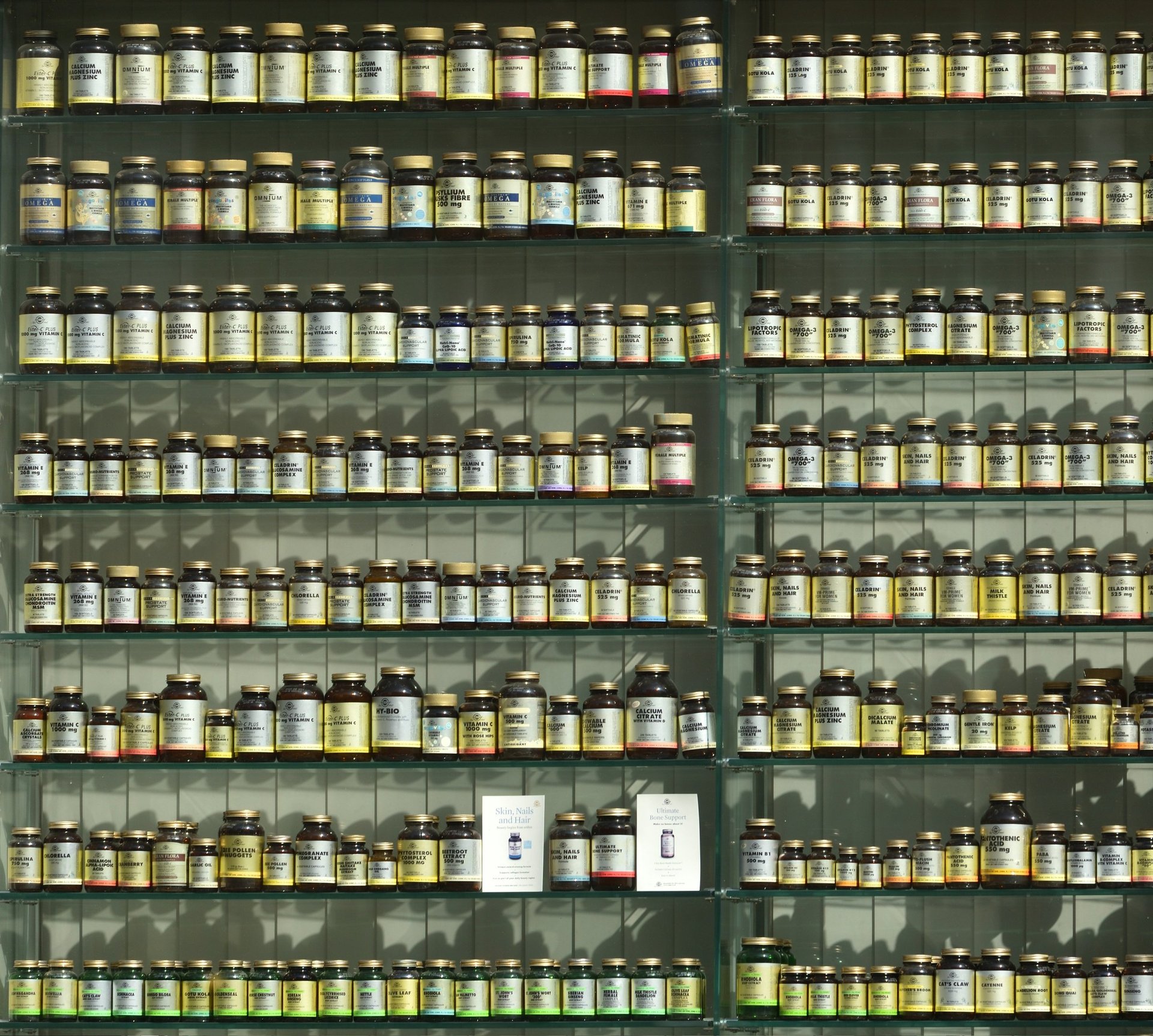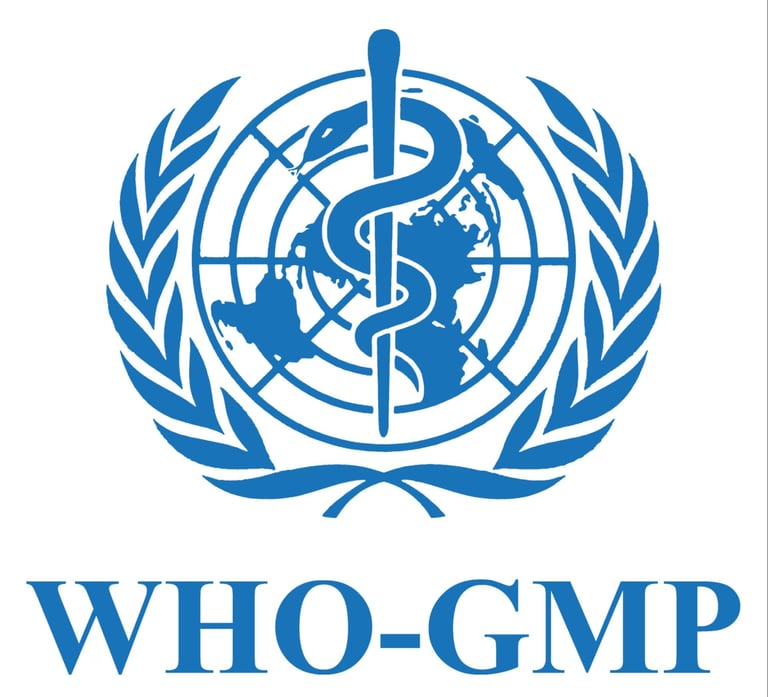
Understanding WHO-GMP Certification: Why It Matters in Pharma Exports
When it comes to medicines, quality isn't just important — it’s non-negotiable. Whether you're a patient, pharmacist, or policymaker, everyone wants the reassurance that the drugs in circulation are safe, effective, and made under proper conditions. That’s exactly where WHO-GMP certification plays a crucial role, especially in the world of pharmaceutical exports.
6/13/20252 min read


What is WHO-GMP Certification?
WHO-GMP stands for World Health Organization - Good Manufacturing Practices. It’s a set of internationally recognized guidelines that ensure pharmaceutical products are manufactured and controlled in a consistent and quality-driven manner. In simpler terms, it’s a seal of trust that says: this medicine was made the right way.
Unlike some local certifications that are only valid within a country, WHO-GMP is globally respected. It’s particularly important for manufacturers in countries like India that export to regions across Africa, Asia, Latin America, and beyond.
Why Exporters Can’t Ignore It
It Builds Confidence with Global Buyers
Buyers and regulators abroad want to know they’re getting top-quality medicines. A WHO-GMP certificate acts like a passport — showing that the product comes from a facility that follows strict international standards.It’s Often a Must-Have, Not a Nice-to-Have
Many countries won’t even look at your products unless they’re manufactured at a WHO-GMP-certified facility. It’s a basic entry requirement for pharmaceutical registration in several regions.It Makes Registration Easier
If you’ve ever gone through the documentation required for export, you’ll know how intense it can get. A WHO-GMP certificate simplifies the process, especially when applying for a Certificate of Pharmaceutical Product (COPP), which is often required by importing countries.It Reduces the Risk of Rejection
Shipments getting rejected at the port due to quality concerns is a nightmare for any exporter. Having WHO-GMP certification in place shows that you’ve done your due diligence, significantly lowering the chance of regulatory pushback.
What Areas Does WHO-GMP Cover?
It’s not just about the final drug. WHO-GMP ensures that everything, from raw material sourcing to storage and packaging, meets high standards. This includes:
Clean and well-maintained facilities
Trained staff with hygiene protocols
Detailed documentation for every batch
Reliable lab testing and quality checks
Safe and accurate packaging and labeling
Even things like air quality, water filtration, lighting, and clothing protocols are part of the checklist.
How Do Companies Get Certified?
The certification process is thorough:
They submit documentation about their facilities, procedures, and systems.
A team conducts a detailed inspection of the plant.
Any gaps must be fixed, often within a short timeframe.
Once everything checks out, the WHO-GMP certificate is issued - usually valid for 2–3 years with regular audits.
A Few Things You Might Not Know
It’s not issued by WHO directly: While the guidelines are from WHO, certifications are carried out by national authorities following WHO protocols.
It’s product-specific: A company may be certified to make tablets but not necessarily injectables unless separately approved.
It guarantees process, not product: WHO-GMP ensures medicines are made in a controlled environment, but it doesn’t comment on how effective or innovative the medicine is.
In Conclusion
WHO-GMP certification is more than a badge - it’s a commitment to global quality standards. In pharma exports, where trust and safety are paramount, it opens doors to international markets, streamlines approvals, and helps build lasting business relationships. If you’re involved in pharma manufacturing or exports in any capacity, understanding WHO-GMP is no longer optional - it’s essential.